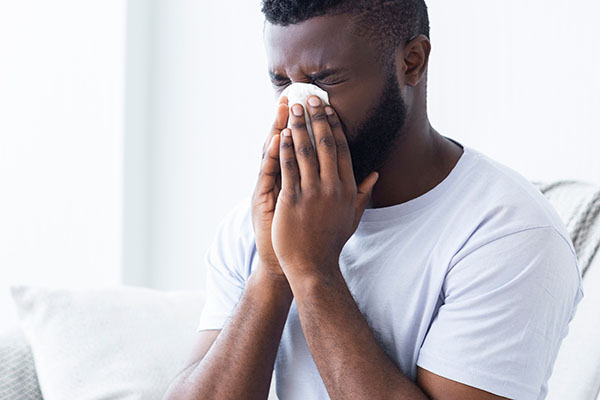The Importance of Women’s Health Screenings

Women’s health screenings are a vital part of keeping women healthy. They aim to catch diseases early when they are more easily treatable. This can not only save time and money but also save lives. This article looks at some of the most common health screenings for women. Then, we will explain what to expect from each screening and give general guidelines on how often they should occur.
Common women’s health screenings
Women have more complex reproductive systems. Therefore, they need more health screenings than men. In addition, certain diseases, such as osteoporosis, are a bigger issue for women of a certain age than men. The following are screenings that most women should be having:
Cervical cancer screening
A Pap smear involves collecting cells from the cervix so they can be tested for cervical cancer. According to the American College of Obstetricians and Gynecologists (ACOG), women aged 21-65 should have a Pap test once every three years, even if they have had the HPV vaccine. Though this is the general guideline, exceptions are made for women with a history of cervical cancer, HIV, or compromised immune systems. In addition, those exposed to the hormone diethylstilbestrol or DES before birth may need screening more often.
Sexually transmitted diseases
Certain sexually transmitted diseases, such as gonorrhea and chlamydia, can be silent in women. This means the infection may not cause noticeable symptoms until it has damaged the woman’s reproductive system. For this reason, women at high risk should consider having regular STD screenings. The Centers for Disease Control and Prevention (CDC) advises all sexually active women under 25 to be tested yearly for gonorrhea and chlamydia. This rule also applies to women 25 and older with risk factors such as multiple intimate partners. Women who are pregnant should also be screened for STDs.
Mammogram and Breast Exam
Breast exams are suggested for women every one to three years as part of their annual check-ups. In addition, women should conduct regular breast exams on themselves at home. The American Cancer Society recommends women start having annual mammograms around age 45, possibly earlier if they have a family history of the disease or other risk factors. A mammogram is an X-ray of the breast tissue that can detect breast cancer earlier when it is easier to treat.
Bone Density
Osteoporosis is when a person’s bones weaken and break easily. Though the disease affects men too, it is especially common in women post-menopause. Therefore, a yearly bone density test is suggested for women aged 65 and older. However, those with certain risk factors may want to start screening earlier.
Some women may want to consider additional screenings based on their family history and health situation.
Make time for women’s health screenings
Preventive care is crucial for staying healthy. That is why our team encourages women not to skip these important health screenings. Call us today to learn more about the women’s health screenings we offer.
Request an appointment here: https://stonesprings.millenniummedicalcare.com or call Millennium Medical Care Stone Springs at (703) 665-3242 for an appointment in our Sterling office.
Check out what others are saying about our services on Yelp: Women’s Health Screenings in Sterling, VA.
Related Posts
The common cold is appropriately named. This illness is perhaps the most common health problem that people experience. It will affect individuals of all ages, including babies and the oldest patients. You have almost certainly had your share of colds in the past. The good news is that there are ways to minimize your risks…
Struggling with the common cold is something that just about everyone will experience at some point. Yearly bouts with a cold are highly likely, as most people get at least one every 12 months. It is extremely contagious and caused by one of three viruses through close contact. Some people have mild symptoms, but that…
Urgent care centers treat non-emergency medical issues that still require immediate medical attention. Understanding what to expect and preparing for your visit can make the experience smoother and more efficient. Below are key things to consider before visiting one of these facilities.Urgent care centers fill the niche between hospital emergency rooms and primary care doctors…
A common cold infection often produces thick phlegm. This discharge is sticky and thick. The increase in phlegm production often results in more coughing and difficulty of breathing. Some say that consuming dairy products can increase phlegm production. If you want to know if dairy does increase phlegm production during a common cold infection, here…


